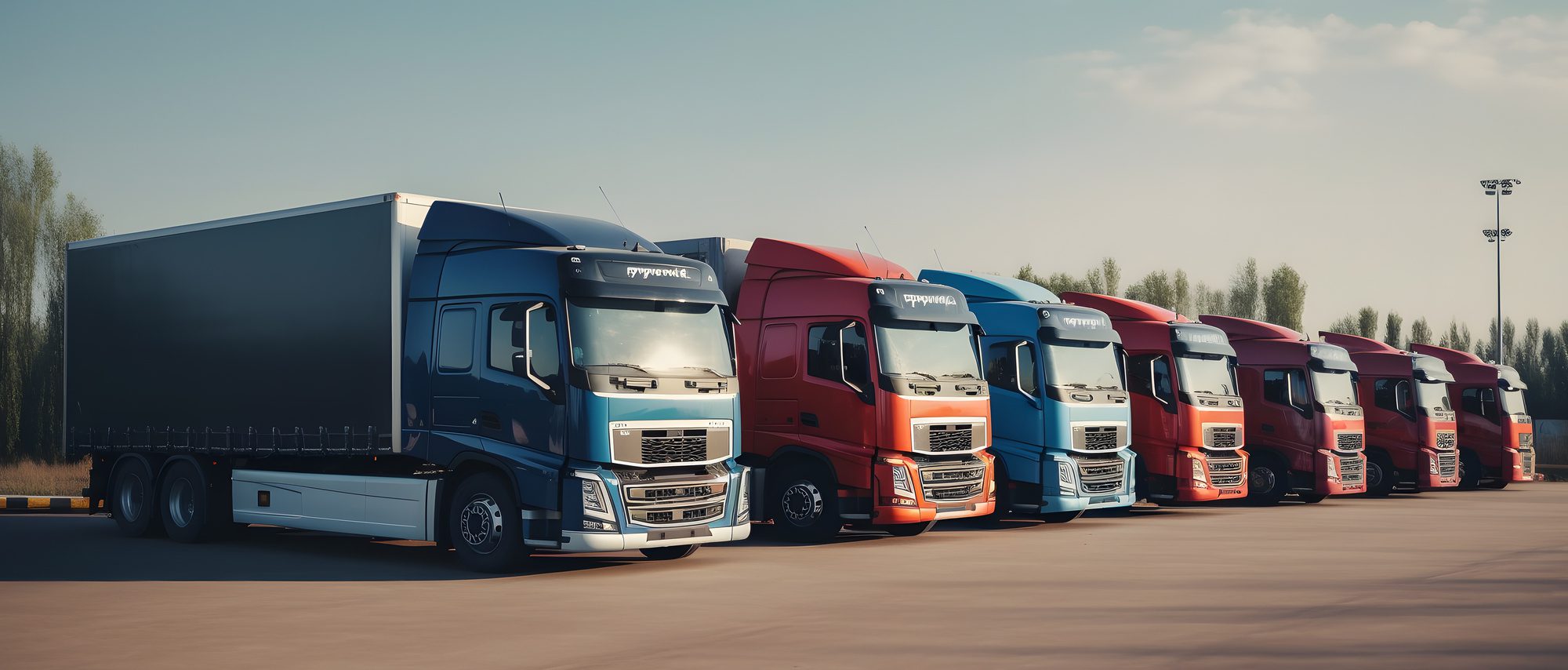In the trucking industry, where timely deliveries and operational efficiency are paramount, the significance of astute financial management cannot be overstated. As an entrepreneur in this sector, you’re often presented with the critical decision of choosing between freight factoring—a specialized solution that offers immediate cash by selling unpaid invoices—and traditional financing—a more conventional approach involving loans or credit lines from financial institutions. While freight factoring provides quick access to funds, bypassing the usual delay in invoice payments, traditional financing, on the other hand, can aid in long-term investments and growth, albeit with its set of prerequisites and implications.
This article delves into the nuances of both options, dissecting their advantages and limitations, thereby equipping you with the knowledge to navigate these financial waters wisely and steer your trucking business toward sustained profitability and growth.
What Is Freight Factoring?
Freight factoring, specifically designed for the trucking industry, is a financial tool where you sell your accounts receivable, or invoices, to a factoring company in exchange for immediate cash. This service addresses the common industry issue of delayed payments from clients, providing trucking companies with a more consistent cash flow. The factoring company then takes on the responsibility of collecting payments from your clients, offering you a more predictable financial environment to operate in.
An often-understated benefit of freight factoring is the streamlined and simple invoicing process. Trucking companies can enjoy faster payment cycles and reduced administrative burdens by simplifying the billing and collection process. This efficiency improves cash flow and allows business owners to focus more on strategic growth and less on financial paperwork.
Pros Of Freight Factoring
- Immediate Cash Flow: The primary advantage of freight factoring is its provision of immediate liquidity. This rapid access to funds is crucial for covering operational costs such as fuel, repairs, and driver salaries, ensuring your business continues running smoothly without financial hiccups.
- Credit Flexibility: Factoring companies focus on the creditworthiness of your clients, not your business. This means even if your credit score isn’t perfect, you can still access financial resources, which is particularly beneficial for new or expanding trucking companies.
- Administrative Relief: By taking on the responsibility of managing accounts receivables, factoring companies alleviate the burden of collecting payments. This service frees up your time and resources, allowing you to focus on core business activities like fleet management and customer service.
Cons Of Freight Factoring
- Costs: Factoring services come with fees, typically a percentage of the invoice value. These costs can vary based on factors like the volume of invoices and the creditworthiness of your clients. Considering these fees is important as they can impact your profit margins.
- Short-term Nature: While freight factoring quickly fixes cash flow problems, it may not be the most cost-effective solution for long-term financial planning. Overreliance on factoring can lead to a dependency cycle that might hinder your business’s long-term financial growth and stability.

Industrial logistics center warehouse with many cargo truck trailers for loading. Aerial top view. Generation AI.
Understanding Traditional Financing
Traditional financing in the trucking industry involves securing loans or lines of credit from established financial institutions like banks. This conventional funding method is more about borrowing money you pay back over time, often with interest.
Pros Of Traditional Financing
- Cost-Effectiveness: In the long term, traditional loans typically come with lower interest rates than freight factoring fees. This can make them a more economical option, especially for well-established companies with good credit histories.
- Credit Building: Consistently repaying loans on time can positively impact your business’s credit score. A strong credit score can open doors to more favorable loan terms and be crucial for business expansion.
- Investment Opportunities: Traditional financing is particularly suited for significant investments like expanding your fleet, upgrading equipment, or acquiring another business. These are investments that can drive substantial growth but require substantial capital upfront.
Cons Of Traditional Financing
- Challenging Approval Process: Obtaining a loan can be complex and time-consuming, requiring extensive documentation, credit checks, and, sometimes, detailed business plans. For smaller or newer trucking companies, this can be a significant barrier.
- Collateral Requirement: Traditional loans, such as property or vehicles, often require collateral. This adds an element of risk, as failing to repay the loan could result in losing these assets.
Choosing The Right Option
Selecting between freight factoring and traditional financing hinges on analyzing your business’s immediate cash flow needs against its long-term financial objectives.
- Factoring For Immediate Cash
Freight factoring is ideal if your business is experiencing cash flow issues due to slow-paying clients. It’s a quick solution that provides immediate working capital, helping to maintain day-to-day operations without interruption.
- Traditional Financing For Growth
For strategic, long-term growth ambitions, traditional financing is more suitable. It’s beneficial for businesses with a clear growth plan and the ability to manage regular loan repayments over an extended period.
Making An Informed Decision
A critical step in financial decision-making is to thoroughly weigh the pros and cons of freight factoring and traditional financing in your business’s unique situation.
- Assess Your Business’s Needs
Consider whether your business requires immediate cash to address short-term liquidity issues or can undertake long-term financial commitments for growth.
- Consider Your Financial Health
The current financial standing of your business, including factors like credit score, existing debt, and available collateral, will significantly influence which financing option is more viable and beneficial for your business.
Conclusion
Choosing between freight factoring and traditional financing refers to your trucking business’s immediate needs and long-term goals. Freight factoring offers quick cash with less emphasis on credit, which is ideal for immediate operational expenses. While more stringent in its requirements, traditional financing is better suited for long-term investments. Consider your financial situation and choose the best business strategy and growth trajectory option. Remember, the right financial decision can pave the way for your business’s success.



































